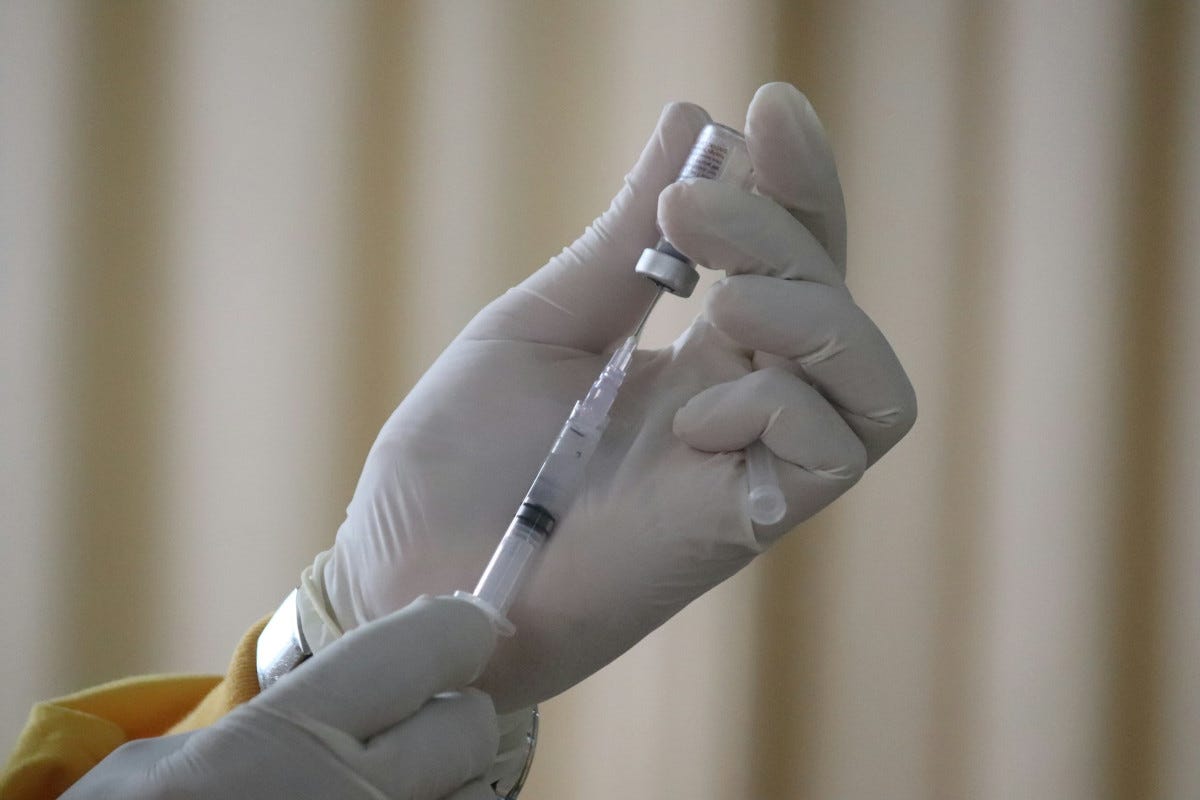Disputes involving religious exemptions to vaccine mandates head to high court
In one case, Amish object to New York Legislature’s repeal of religious exception

At least three cases related to religious exemptions to vaccine mandates are facing possible review by the U.S. Supreme Court. Two of them involve legal disputes that had their origins during the covid-19 vaccine academic, and the three of them all raise different legal issues.
All three legal actions involve …


